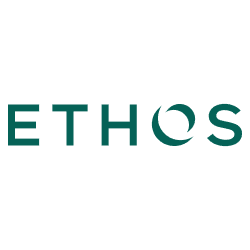Life insurance provides financial protection for your loved ones after you're gone, covering expenses like funeral costs, outstanding debts and ongoing living expenses. Choosing the right policy ensures your family gets adequate coverage at a price that fits your budget without leaving gaps in protection or paying for unnecessary features. We analyzed rates, coverage options and customer satisfaction scores from major insurers to help you find the best life insurance company for your needs.
The best life insurance companies are:
- Protective Insurance: Best Overall
- Nationwide: Best Coverage Options
- Ethos: Best No-Exam Life Insurance
- Guardian Life: Best Customer Experience
- Gerber Life: Best Life Insurance for Children
- North American: Best Whole and Universal Life Insurance
- SBLI: Cheapest Life Insurance
- Cincinnati Life: Best Rider Options
- Transamerica: Best Age Range
- Legal & General: Best Term Life Insurance


























